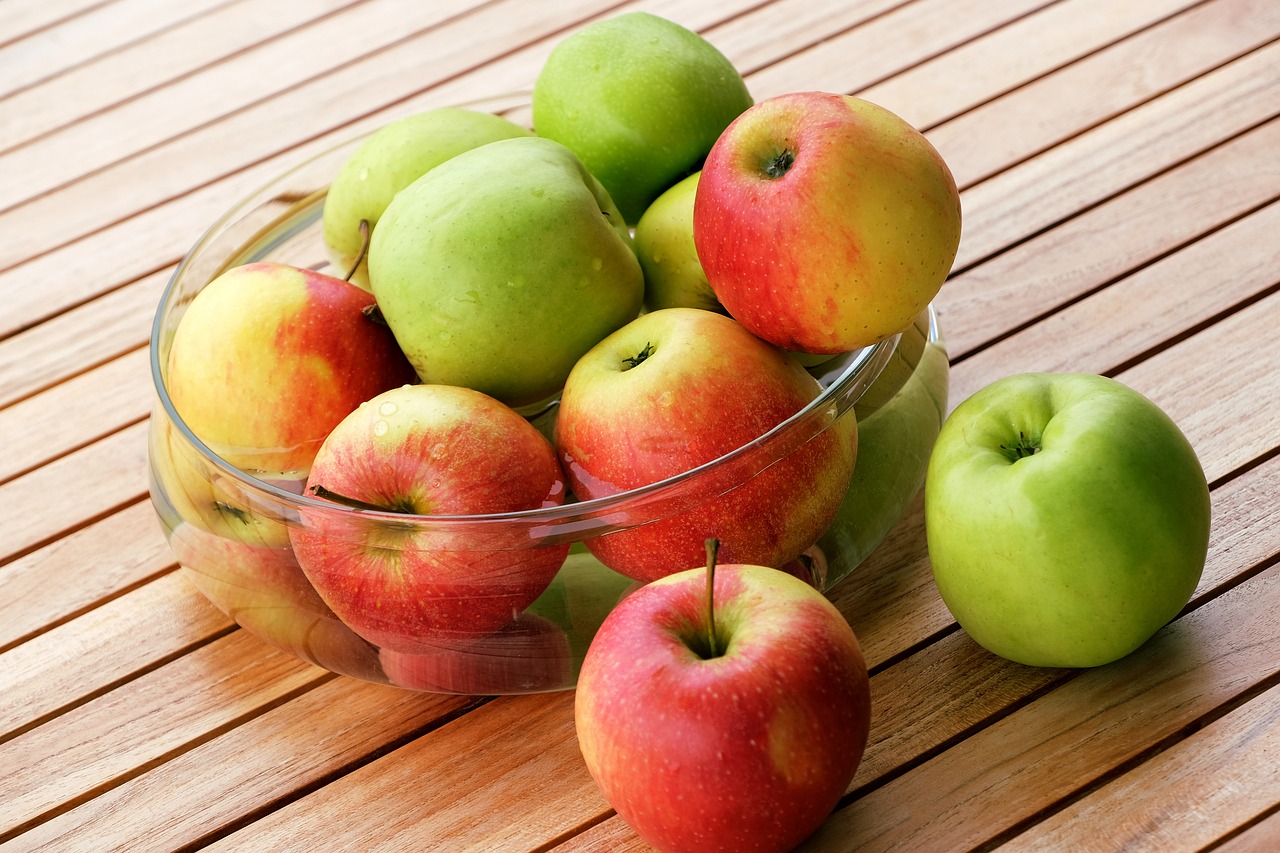The global food and water system continues to face a significant dual problem – unsustainable practices compounded by an ever-growing population. The war in Ukraine has also highlighted the importance of food security issues that we face today.
While 2022 was a challenging year for global markets and food security, companies’ results across the food and water value chains were broadly better than expected, and this has been reflected in robust performance so far in 2023.
Even as costs increased and inflation has continued to dominate, strong pricing across most end markets as well as resilient consumer demand boosted companies’ revenues.
In particular, food retailers have performed very well and were very resilient in the market sell-off we saw in February and early March. We are positive this subsector will continue to be resilient in case of a potential downturn.
Companies across the water value chain rerated rapidly, as market sentiment picked up at the start of 2023.
A year on from the start of the Ukraine crisis, what’s the outlook for the sector?
A year on from the beginning of the Ukraine war, when there were concerns over food security, we see some signs of improvement. Fertiliser prices have come back to well below pre-Ukraine crisis levels even though supply is still short due to the Belarus and Russian sanctions, but we expect prices to stabilise and increase as demand picks up towards late May/June.
Weather extremity is again being felt this year in many areas around the world. The drought in Argentina, for example, resulted in a 50% decline in harvested volumes of crops like wheat.
Looking forward, disruptions to Ukraine exports will continue to influence wheat prices this year and next as the conflict persists, and even in the event of a resolution, large parts of agricultural land in Ukraine has been damaged and mined and this will likely continue to put pressure on the supply of things like sunflower oil and wheat.
What are your expectations for the sector for the rest of 2023?
Whilst the sustainable food and water universe has had a strong start to the year, we are slightly more cautious in our expectations for the second half of this year, due to three key macro developments that may continue to pose a challenge to investors: high inflation, tightening credit conditions resulting from the banking fractures which could impact consumer and residential sectors in particular, and finally deteriorating macroeconomic data such as PMIs (purchasing manager indices).
We continue to like the food retailer sector, given the high free cash flow yields, strong balance sheets, and resilient end demand.
We also like the agricultural and irrigation equipment sectors. We continue to believe that demand for these products will be healthy this year, and should benefit if supply chains and semiconductor supplies start to ease in the second half of the year.
Against this backdrop, we remain cautious on the direction of short term company and macro-economic data, but are more positive on the long-term for the food and water space given the cheaper valuation backdrop, structural growth drivers, and given that many of the food and water subsectors are well positioned to face more risky times ahead.
Source: Schroders plc









